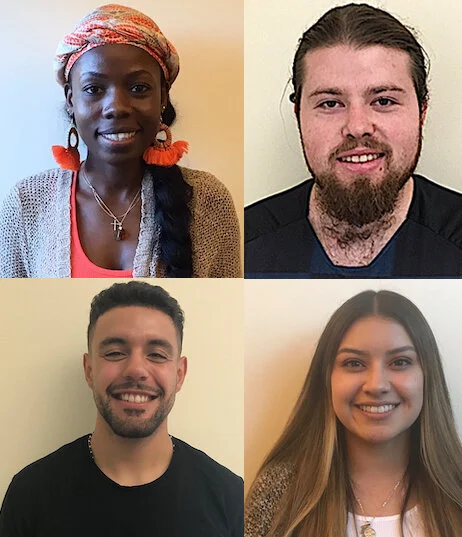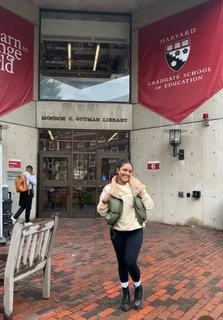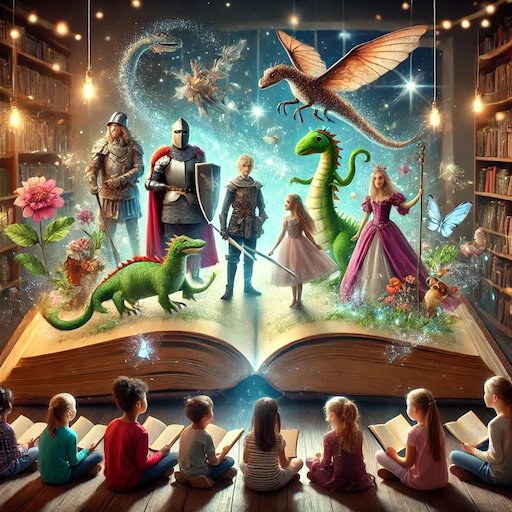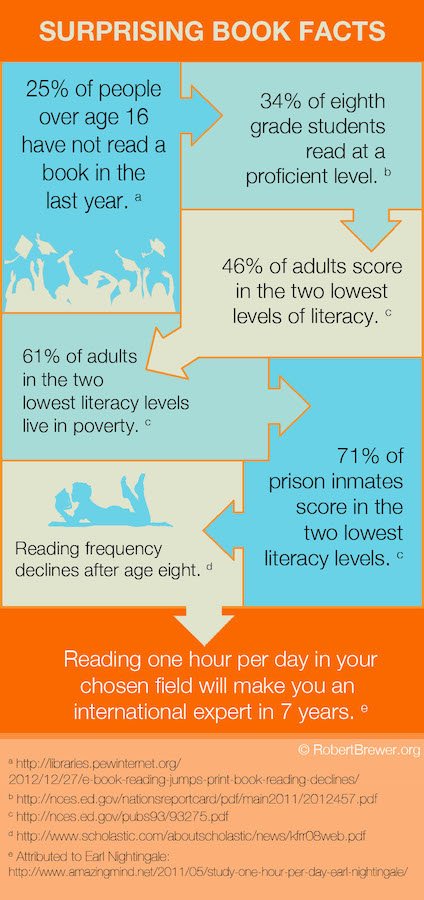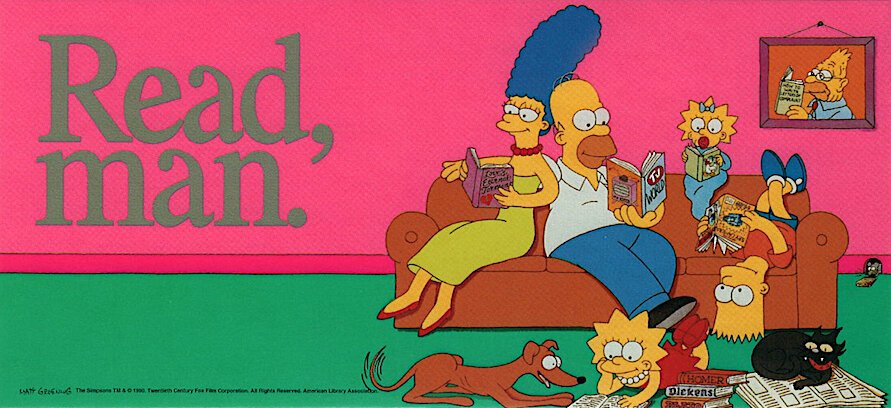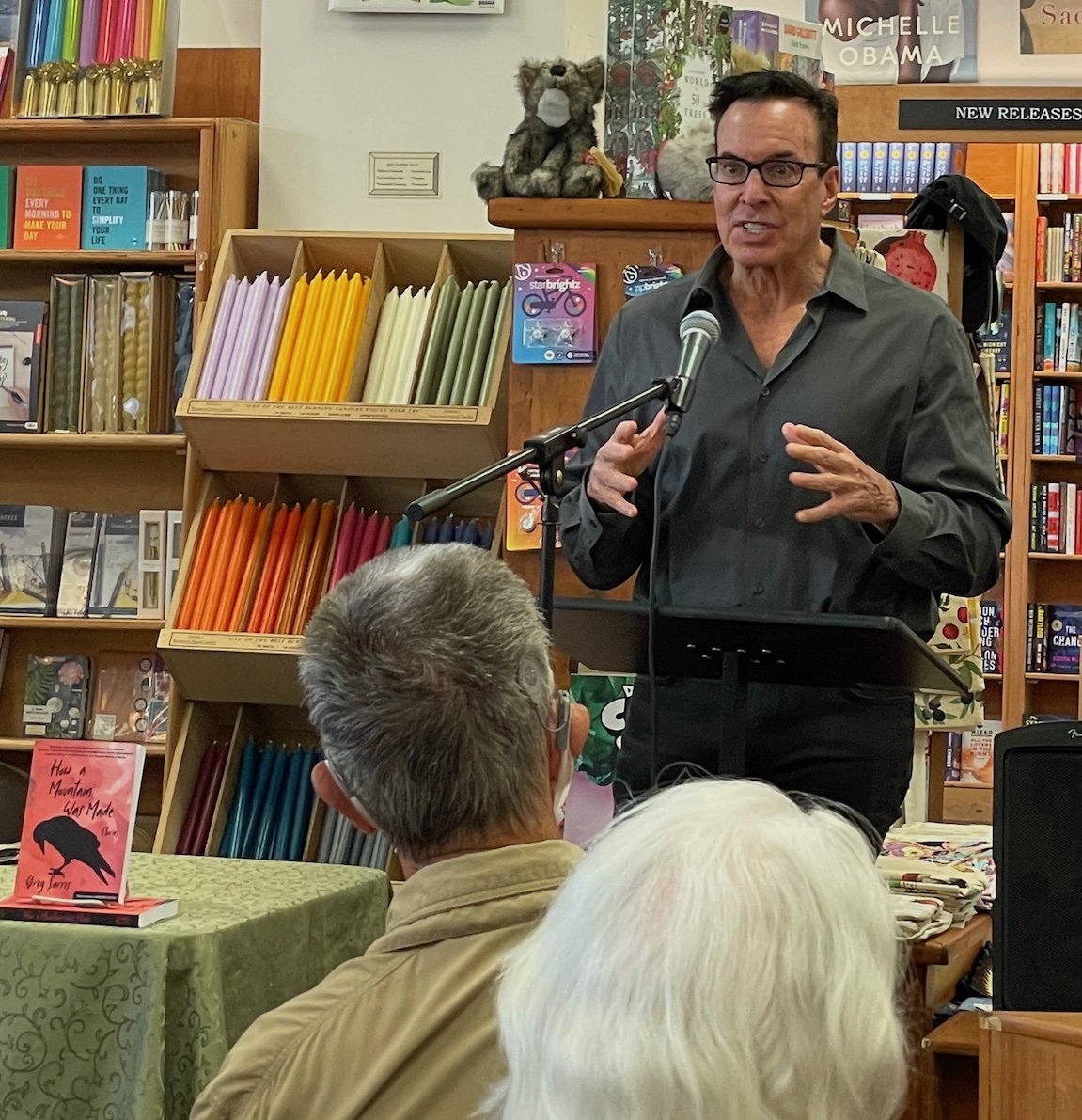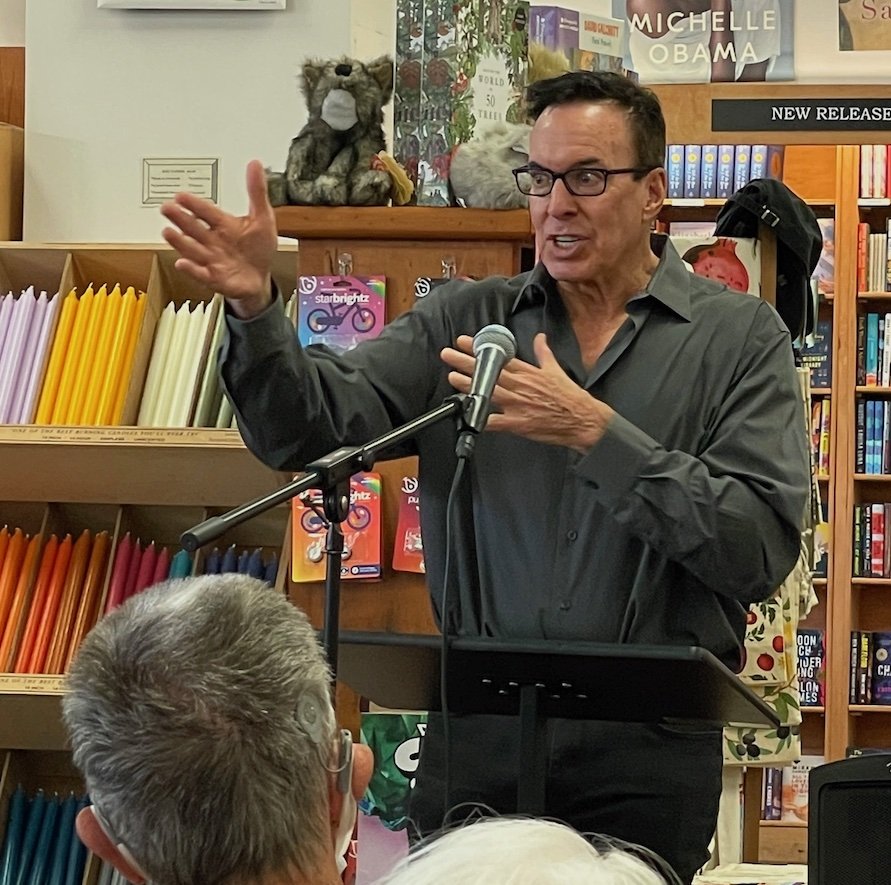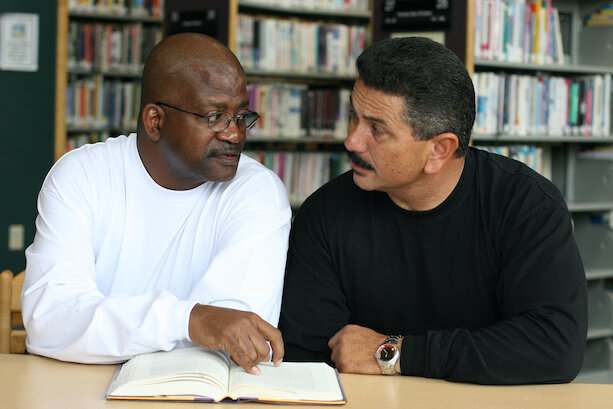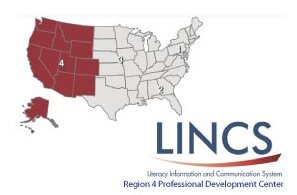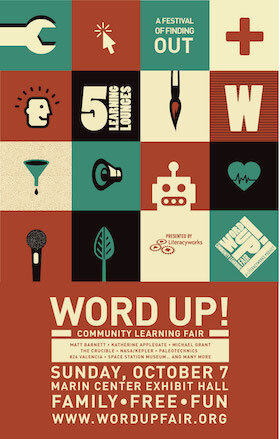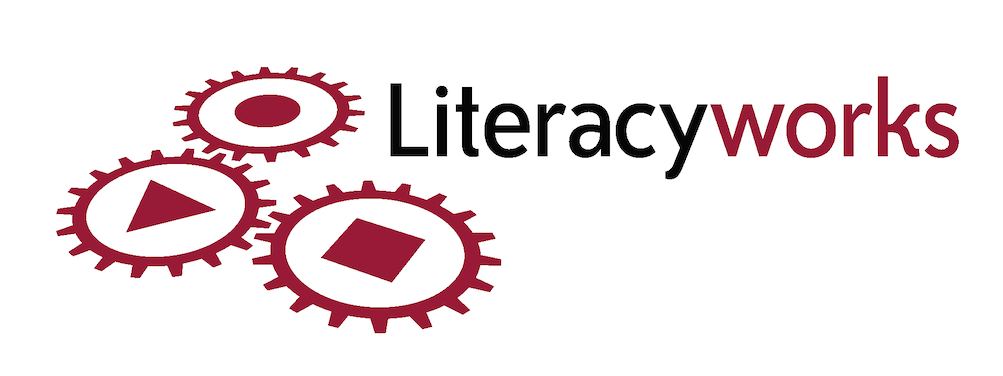Literacy and the First Amendment:
The importance of literacy and the ability to exercise First Amendment rights
The First Amendment guarantees every American the right to free speech, freedom of the press, freedom of religion, the right to assemble, and the right to petition the government. These rights are the foundation of our democracy, but they are only fully accessible to those who are literate. Without the ability to read, write, and comprehend information, millions of Americans face barriers to exercising the very freedoms that are supposed to belong to us all.
Literacy: The Key to Participation
Literacy is more than just the ability to read words on a page. It is the key that allows individuals to access news, understand laws, evaluate political arguments, and participate in civic life. Without strong literacy skills, it becomes difficult—sometimes impossible—to:
• Understand voting materials or ballots.
• Read and evaluate news sources.
• Advocate for oneself in schools, workplaces, or courts.
• Write letters, petitions, or statements to government representatives.
In other words, literacy is a requirement for fully engaging in our democracy. When 43% of American adults read at or below a 7th-grade level, nearly half of our population struggles to use their constitutional rights in the ways our founders intended.
Freedom of Speech Requires a Voice
The freedom to speak is only meaningful if one has the communication tools. For someone with low literacy skills, writing an opinion piece for a newspaper, drafting a petition, or even posting a message online can be overwhelming. This limits whose voices are heard in public debates—and whose perspectives shape policies.
Literacy also strengthens critical thinking. With the rise of misinformation, reading well and evaluating sources is more important than ever. A literate citizenry is better equipped to separate fact from fiction, which helps protect our democracy from manipulation.
The Power of Literacy Programs
Organizations like Literacyworks bridge this gap by helping low-income, low-literacy adults gain the skills they need to thrive. At the Literacyworks Center in Petaluma, more than 1,600 students have received scholarships and support to stay in college. These learners—many of them first-generation college students and parents—go on to earn degrees, start businesses, and model the value of education for their children.
One student shared, “Thank you for making my dreams possible. I would first like to thank you for creating a support system and program where each student can not only feels welcome, but also feels supported to continue on their educational path.” With support, these learners are not just improving their job prospects but gaining the confidence and skills to speak, write, and advocate for themselves and their families.
Protecting Rights Through Education
The First Amendment belongs to everyone, but without literacy, too many Americans are shut out of its promises. Literacy is not only an educational issue but a civil rights issue. Ensuring that all people can read, write, and express themselves means ensuring that all people can fully participate in our democracy.
Investing in adult literacy strengthens communities, improves local economies, and empowers individuals to use their voices. As we continue to champion free speech and equal rights, we must also champion literacy—for it is the bridge that connects constitutional rights with real-life participation.
Because a right you cannot exercise is a right you do not truly have.
Sources
Library of Congress www.loc.gov
The Federal Courts of the United States www.uscourts.gov
The National Constitution Center www.constitutioncenter.org
American Library Association www.ala.org/advocacy/intfreedom/censorship
A Note of Interest
‘The Librarians,’ banned books, and the future of literary access
https://the1a.org/segments/the-librarians-banned-books-and-the-future-of-literary-access
On NPR’s 1A program, Filmmaker Kim A. Snyder (Newtown, Us Kids, 2025 Oscar®-Nominated Death By Numbers) takes us to an unexpected front line where librarians emerge as first responders in the fight for democracy, free access to information, and our First Amendment Rights.
“The Librarians” is coming to a theater near you.
Student Voices
Literacyworks Center Director Chris Schultz
Literacy provides the opportunity to make changes in one’s life and to see new possibilities for the future.
In this section of the Literacyworks newsletter, we usually quote students and try to capture how education transforms their lives. This month, we will share a historical overview of the Center’s work to highlight what we’ve learned and accomplished.
Just over ten years ago, the Center was founded with the mission of identifying adults who are low-literacy and low-income. By offering financial assistance, counseling, and educational support, our goal has been to create positive change in the lives of those we serve. The individuals we work with range in age from 20 to 65. Many speak English as a second language. Many did not finish high school. Many are unsure about what they want to study. Our students are eager about their future and committed to doing well.
Recently, I attended a high school graduation party in my community. Ten or twelve young graduates sat in a backyard with their parents and friends, laughing, celebrating, and contemplating their futures. All planned to attend a university or college. This moment reflects privilege, hard work, and good luck. Most parents had participated in college and strongly encouraged their children to continue their education. Their enthusiasm was evident. There was a slight fear of the unknown future and a natural concern about losing friendships built over many years. It was a joyous occasion for everyone. Futures seemed just beyond reach.
At Literacyworks Center, our students’ futures are initially unpredictable. Low income means many challenges take precedence over the cost of books and tuition. Many of our students are single mothers working two jobs. All are the first in their families to attend college. The culture of college is unfamiliar to them. The expectations of faculty and academic requirements are a mystery. The Center staff’s role is to help students find the necessary resources to succeed. While Santa Rosa JC offers excellent support services, they won’t help if students can’t find them.
Some time ago, the Center staff developed a metaphor for our work: our task is to find highly motivated individuals who want to change their lives, take their hand, and help them cross the street onto the campus of SRJC and into their future.
When asked why college is so important, several students say, “Because I want my children to see that if I can do it, they can too!”.
SUPPORT OUR STUDENTS!
Our low-income students are among the most vulnerable in our community when it comes to suffering during a disaster. Because of the COVID-19 epidemic, many of our students are still suffering a loss of income and housing.
Our staff is offering additional support services to ensure our students stay in school and complete their course of study. We are proud that most have persisted and remained.
Thank you for supporting our students with your donation during this difficult time. You are making a difference in their lives with your gift.



